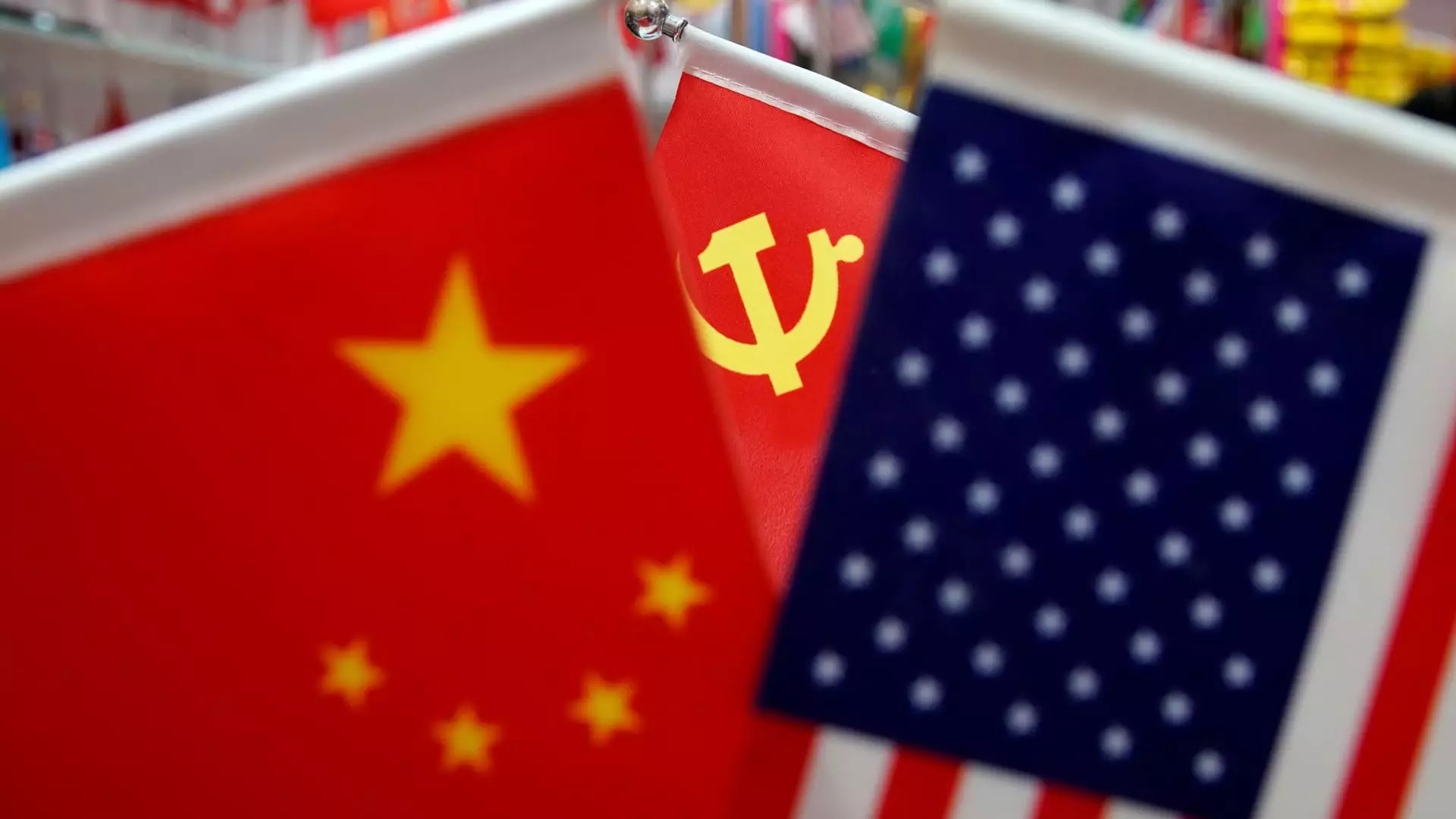The intricate relationship between the United States and China has always had numerous facets, particularly when it comes to economic and financial interactions. Recently, Chinese Vice Premier He Lifeng has engaged with key U.S. financial executives in a bid to solidify these ties, especially in light of the turbulent geopolitical landscape and shifting policy directions anticipated under President-elect Donald Trump. This delicate diplomacy indicates not merely a reaction to impending tariffs but a multifaceted strategy aimed at ensuring sustainable economic collaboration.
In December 2022, He Lifeng’s meetings with prominent financial figures, including BlackRock’s Larry Fink and Goldman Sachs’ John Waldron, reflect a calculated effort by Beijing to cultivate a cooperative environment despite impending challenges from U.S. trade policies. Earlier sessions with Citigroup’s Jane Fraser and others illustrate a consistent pattern of outreach that highlights China’s urgency to establish seamless communication with the financial sector in the face of an evolving U.S. administration. This kind of preemptive dialogue suggests a deep understanding of the interconnectedness of global markets and the significant role that financial institutions play in shaping economic policies.
Peter Alexander, head of a Shanghai consultancy, categorically points out China’s tendency to prefer informal channels when dealing with foreign governments. This “back channeling,” while often underreported, reveals a commitment to maintaining strong ties and demonstrates China’s strategic maneuvering skills as it anticipates potential barriers under Trump’s deregulatory agenda.
The Stakes of Financial Influence
As the Trump administration prepared to take office, speculation about the influence of Wall Street on trade policies became rampant. With several billionaires and finance heavyweights in significant positions, including Treasury Secretary Scott Bessent and Commerce Secretary Howard Lutnick, the balance between protectionist measures and free trading principles appeared uncertain. Clark Packard from the Cato Institute noted that these financial backgrounds might serve to mitigate some of the more aggressive trade policies anticipated from Washington, emphasizing the vital role of market sentiment in influencing governmental decisions.
The overarching concern is how U.S. stock performances and potential market volatility can affect political decision-making. The recent bullish trend in the stock market, with double-digit annual gains, showcases the delicate balance that financial policymakers must maintain between aggressive trade posturing and maintaining market stability. The underlying message from financial leaders could very well sway administration strategies, particularly if their actions threaten economic repercussions.
The Chinese government, recognizing the potential for escalating tensions, has positioned itself to withstand any worst-case scenarios. Experts like Zongyuan Zoe Liu from the Council on Foreign Relations have indicated that such high-level meetings with U.S. executives not only serve to strengthen bilateral ties but also reflect a readiness to adapt to potentially adverse international economic conditions.
Moreover, opening up the financial sector is part of a broader Chinese initiative to attract foreign institutional investments. Such foreign capital is often presented as a sign of confidence in the domestic market, depicted favorably in state media narratives. The numerous meetings with financial executives highlight a longing for greater integration and support from the global financial community.
The Interconnected Threads of Capital Markets
As Winston Ma, an adjunct professor at NYU, aptly describes, the U.S.-China financial relationship has been a hallmark of their bilateral interactions. The terms “mutual assured prosperity” (MAP) and “mutual assured destruction” (MAD) signify the stakes intertwined in this capital exchange. A constructive financial dialogue could bolster both economies, while breakdowns in communication and cooperation could lead to significant economic detriment for both nations.
The actions taken by China’s Vice Premier He Lifeng reflect more than just diplomatic engagements; they represent a strategic initiative to preemptively navigate uncertainties in U.S. policy while reinforcing the foundations of economic cooperation. As both nations continue to grapple with the realities of their interdependent economic fates, the focus remains on finding common ground amidst competition and uncertainty in the global market.

